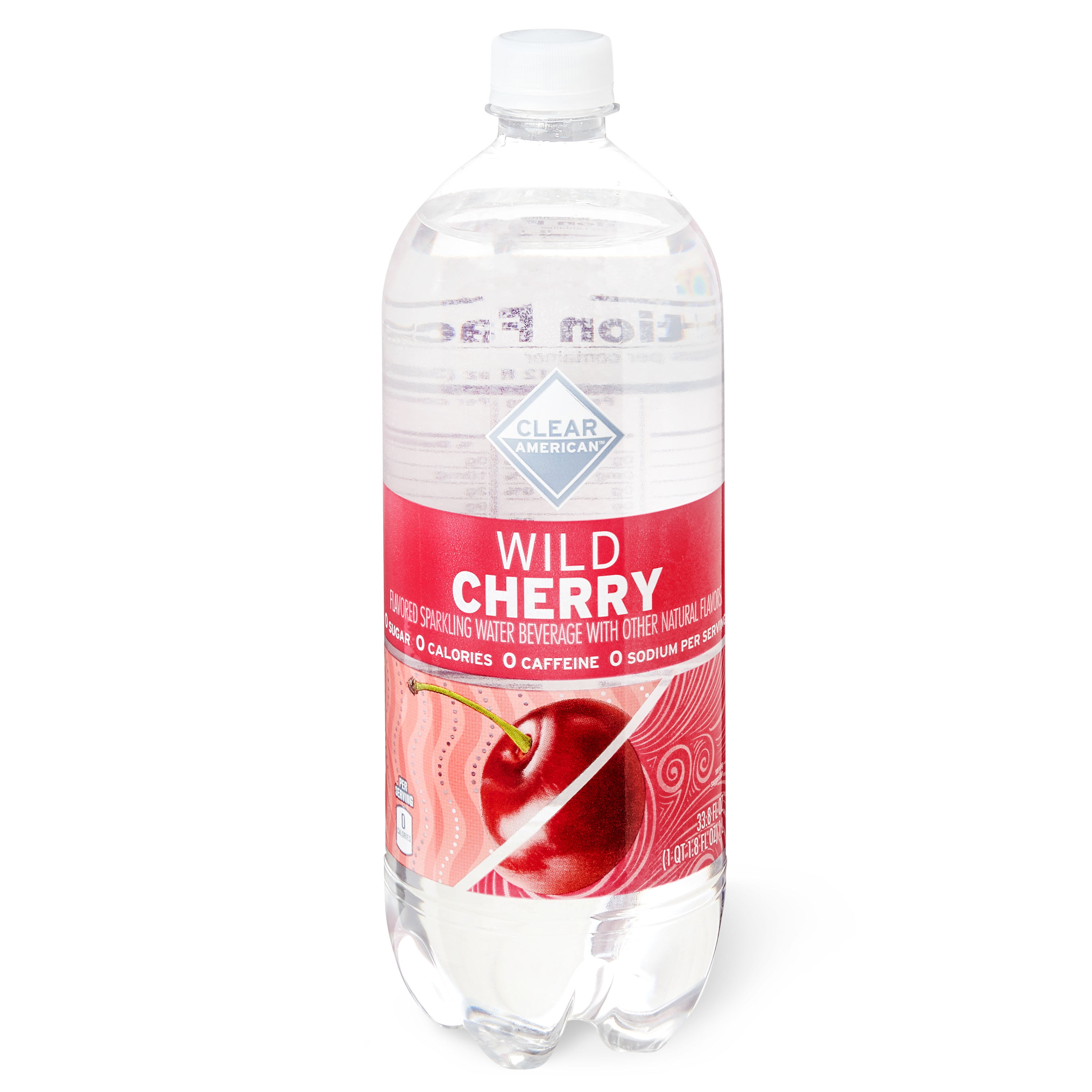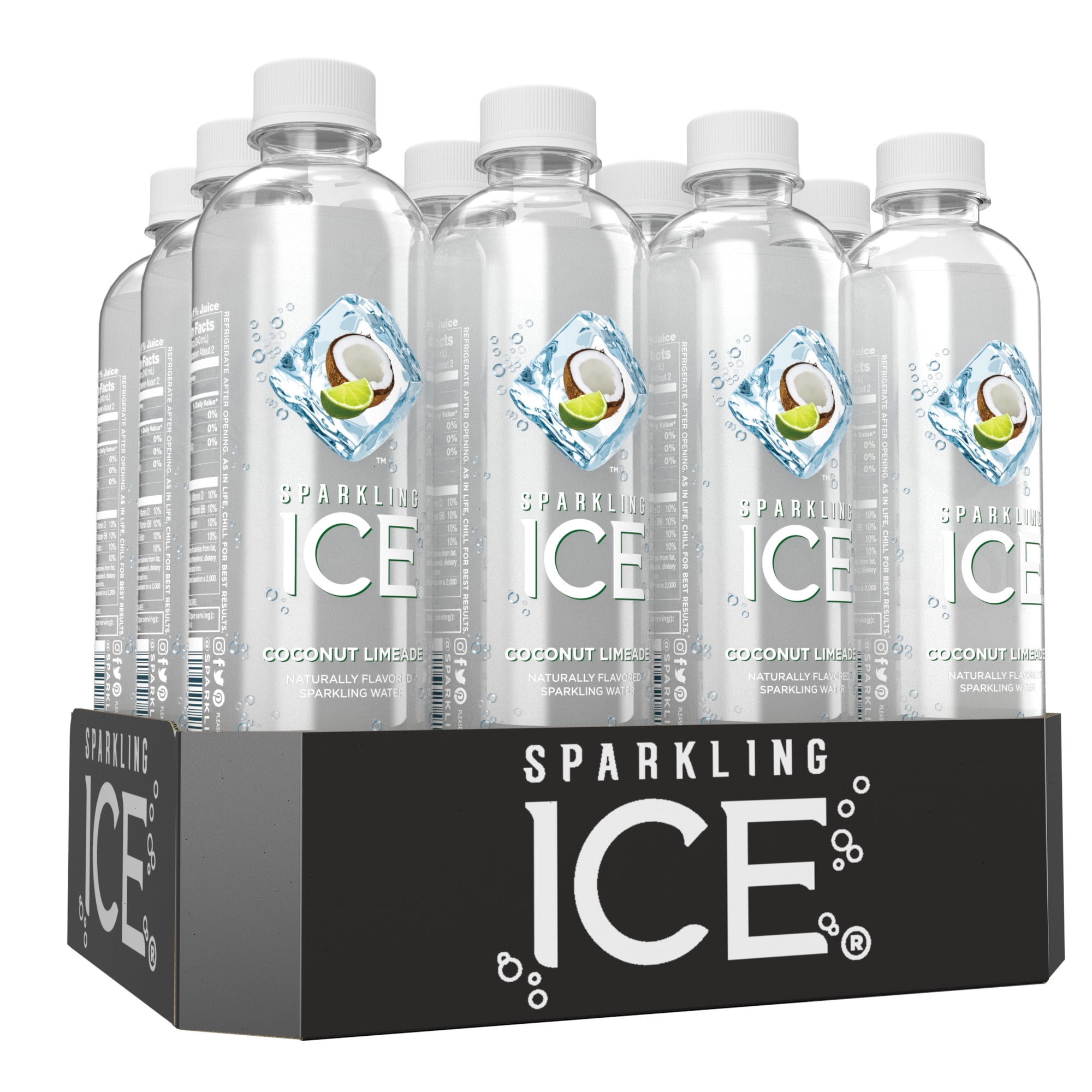

The authors hypothesise that the effect is probably down to caffeine and to the actions of phosphoric acid (not found in sparkling water) that are not yet well understood. Other carbonated drinks made no difference. They found that the women (but not men) who drank cola-flavoured fizzy drinks three times a week had hip bones with a lower average bone mineral density. So it’s better to stick to the real thing. But a review of this practice in children with acute gastroenteritis found there’s little evidence that it works and that compared with rehydration powders – specifically constituted to contain replacement salts and sugars in the right proportions – such drinks contain far lower levels of sodium and potassium than you’d find in rehydration drinks. They didn’t feel uncomfortable and so fizzy water has been suggested as a way of avoiding overeating, because it makes you feel fuller.Īnd you might have heard people deliberately letting fizzy drinks go flat and then drinking them if they’re dehydrated after a stomach upset or vomiting or even a hangover. They found that 900ml of gas was released from just 250ml of water, so not surprisingly the women’s stomachs distended slightly and the had the perception of feeling full, even though they hadn’t eaten. They had a group of women fast overnight and then slowly drink either still or sparkling water. If you drink a lot of sparkling water you might find you feel bloated, but researchers in Japan have found that this side-effect could be put to good use. Both conditions improved in the people drinking sparkling water and showed no improvement in those drinking tap water. In a small but double-blinded randomised trial, patients with frequent dyspepsia or constipation were assigned to drink either still or sparkling water for 15 days. But what if you drink it at a more measured pace? Is there any truth in the idea that it harms your stomach? If you gulp it down it can of course give you hiccups or indigestion. The result is that water contains the weak acid, carbonic acid. Fizzy water is made by adding carbon dioxide under pressure. The chances are though, that if you’re in a group at least one person will say sparkling water is bad for you, but is there any evidence for that claim?

If you’re not brave enough to say “tap” then sparkling can seem like a nice change. “Still or sparkling?” they say to you in restaurants. The reason is that phosphoric acid in the drink removes the oxide coating that has built up on the coin. Anyone who has tried leaving coins in a glass of cola overnight knows that they come up shiny and clean. The combination of a high sugar content coupled with acidity caused by the carbonisation that makes it fizzy, isn’t good. We all know by now that drinking sweet, fizzy drinks all day isn’t a good idea.


 0 kommentar(er)
0 kommentar(er)
